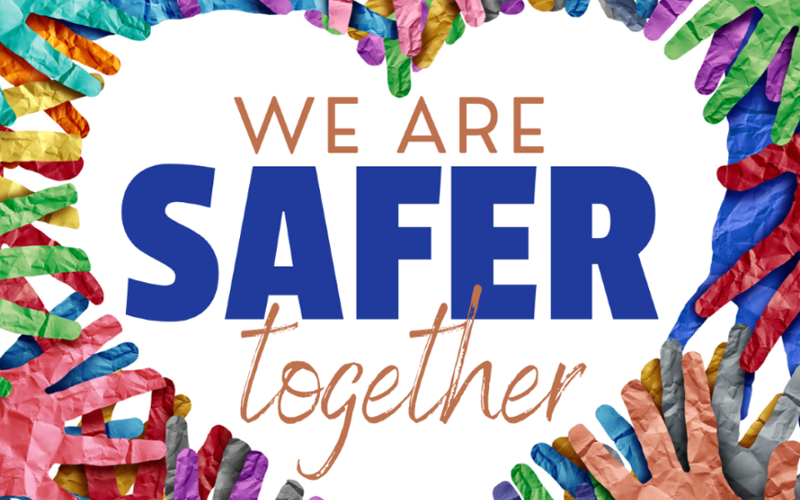Patient Safety Week is March 10th-16th.
There are many definitions for patient safety in healthcare. It can be described as avoiding harm to patients from the care that they receive that is intended to help them. Patient safety includes the prevention of harm that results from unintentional or deliberate actions in healthcare. Patient safety also involves setting up operational systems and processes that make it less likely for errors to occur and more likely to intercept an error if it does occur. Patient Safety Week can serve as a reminder of the critical role that safety measures play in healthcare.
How Do We Make Patient Safety a Priority at St. Mary's?
St. Mary’s Health Care System strives to provide the highest quality and safest care for each patient. We take pride in our attempt that all patients are well cared for safely, from reducing the risk of infection to ensuring your doctor has all the information needed to prescribe the right medicine for you.
Patient safety is not just a week-long event at St. Mary’s. We strive to use this awareness week to highlight and improve our safety measures. It’s our goal to make a positive impact on those we serve.
What Role Do Patients Have in Healthcare Safety?
Patients are the most important members of the healthcare team. Patients’ loved ones also play a vital role in patient safety. Here are key steps you can take to protect your safety while in the hospital:
- Write down any known conditions or allergies you have, such as diabetes, high blood pressure or allergies to latex.
- Bring a written list of all your medications, including over-the-counter drugs and supplements. Why? Because:
- We need to do our best to ensure that you continue to receive essential medications while you are in the hospital.
- We need to do our best to ensure that any new medications we prescribe will not cause harmful interactions with the medications you are already taking.
- Your doctor will review your medications and may make changes based on your changing needs.
- Leave your home medications at home. We will make sure you get the medications you need while in the hospital. If you bring your medications with you, you can send them home with a loved one or we can store them safely in our Pharmacy until you are discharged.
- Hand-washing or sanitizing is the #1 way to reduce the spread of germs in a hospital. Your care team members should wash or sanitize their hands before and after providing your care. If you don’t see us wash our hands, please remind us.
- It’s vital to give the right care to the right patient every time. We should ask you for your name and birthdate and then check your armband before we draw lab samples, give medication, or perform a test. If we don’t, remind us!
- You deserve to know and understand your plan of care and what we are doing. Please ask us – and keep asking until you understand!
- Patients in hospitals are at increased risk of falls due to medications, procedures, being in an unfamiliar place or just being sick. Anytime you need to get up, including when you need to go to the bathroom, use the nurse call button. Call, don’t fall!
- If any equipment alarm goes off, use the call button. It is vital to your safety that you do not attempt to turn it off or adjust it in any way.
- Finally, if anything does not seem right, stop us and ask. Your safety is our top priority.

